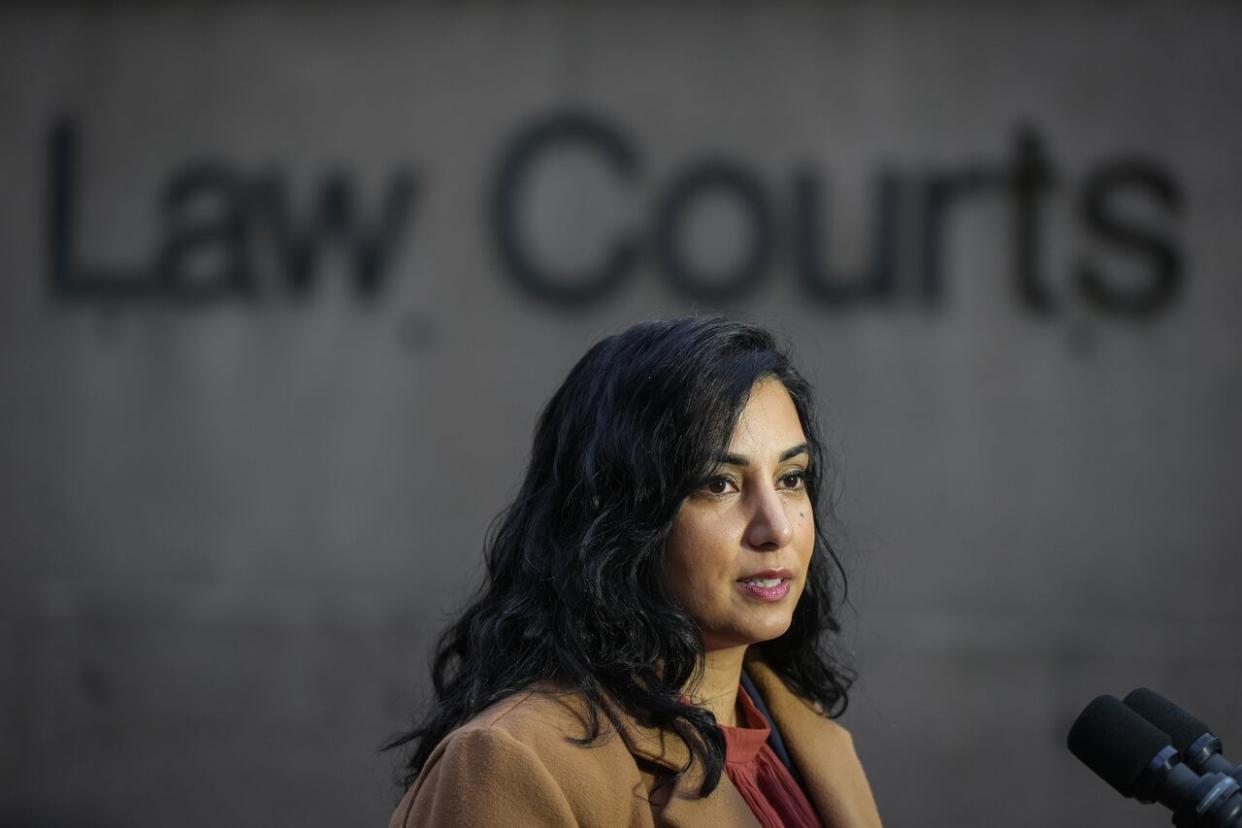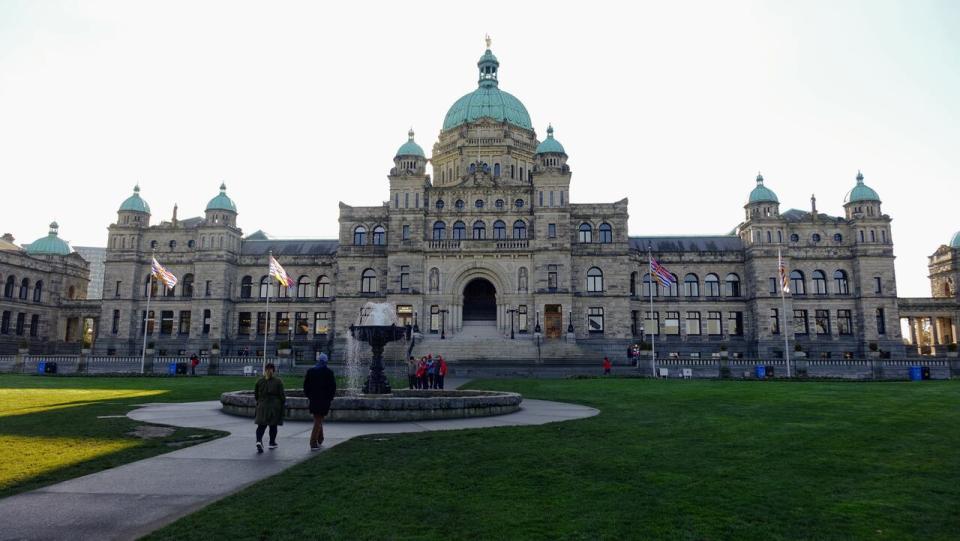B.C. seeking community members to join new anti-racism committee

The B.C. government is now accepting applications for a new anti-racism committee as part of its efforts to remove systemic racism from provincial institutions.
The province says 11 committee members will advise the government on how to implement its Anti-Racism Act, which passed third reading last month.
"The Anti-Racism Act is an important part of the province's commitment to dismantle systemic racism and build a better, more inclusive province for everyone," the government said in a news release Monday.
Brian Seremba, co-founder of B.C. Community Alliance, which works to address anti-Black racism within B.C. schools, says he's looking forward to seeing what the committee will accomplish.
"We've been advocating for this work for the last five years," he said in an interview with CBC News on Monday. "We expect the committee to drive real measurable changes, particularly in the systems that directly affect the youth we serve."
Holding public bodies accountable
The Anti-Racism Act seeks to hold public bodies accountable for addressing systemic racism in policy and programs, B.C. Attorney General Niki Sharma said last month.
It will help the province strengthen checks and balances in its programs and services in hospitals, schools, courts and other public institutions and require them to "critically evaluate day-to-day operations and remove policies and practices that harm Indigenous and racialized people," the province said.
The legislation also requires public bodies to develop and implement a training curriculum on Indigenous history, set targets for the recruitment and retention of Indigenous and racialized people, and regularly assess their policies and programs.

The B.C. government is accepting expressions of interest for a committee that will advise the province on anti-racism work. (Mike McArthur/CBC)
Anti-racism action plan
The act says the government must "develop a provincial anti-racism action plan for identifying and eliminating systemic racism and systemic racism specific to Indigenous peoples, and advancing racial equity" in B.C. before June 1, 2026.
The province says the anti-racism committee will work with racialized communities to develop a framework for public bodies to do anti-racism assessments and establish anti-racism training standards for them to follow.
Hugo Velazquez, interim director of family and settlement services at MOSAIC — a non-profit that assists newcomers to Canada — said the province's initiatives sound "very promising," but added that the devil will be in the details.
"I think the timelines are important, and outcomes," he said.
The provincial government will be accepting expressions of interest until June 15. It says it's specifically looking for racialized people who have experience with anti-racism work.
Seremba hopes the government prioritizes people with lived experience when selecting committee members.
"We definitely want people from the community to really share first-hand experiences of what they go through," he said.


